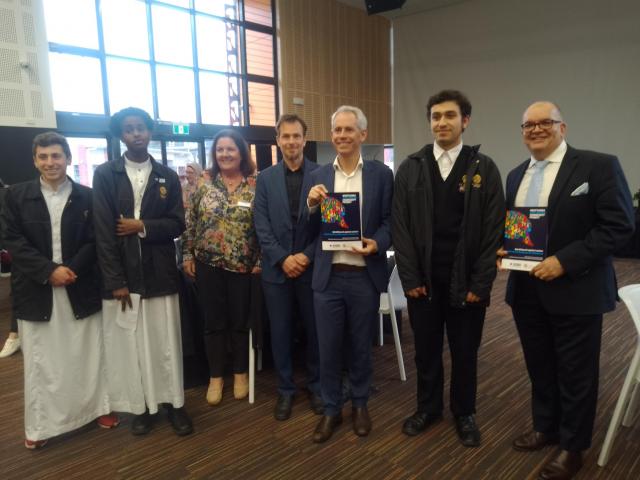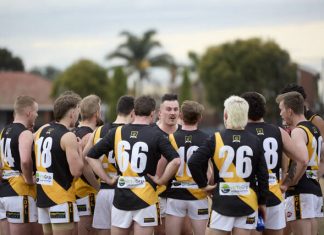
By Holly McGuinness
A project aimed at tackling racism in Whittlesea has recommended establishing a community-led anti-racism network.
Researchers from Victoria University (VU) in partnership with Whittlesea Community Connections (WCC) found that 59 per cent of survey respondents (or a member of their household) experienced racism in the last 12 months.
Through community surveys, focus groups and community engagement with multicultural groups, VU researchers found the most common reason for not reporting racism was a perception that ‘nothing would happen or change’ (49 per cent)
Victoria University Institute for Sustainable Industries and Liveable Cities senior research fellow Mario Peucker lead the project.
Dr Peucker said many victims of racism in Whittlesea are concerned if they report racist incidents they’d be perceived as ungrateful of settling in Australia or it could affect their immigration status if they reported it.
“They compare it to atrocities in their countries they’ve fled, they internalise it and allow themselves to be disadvantaged or less worthy,” he said.
“We heard about mothers or parents that tell their kids you just have to put up with this for now and get through this so you can have a good education. For me, this is particularly devastating.“
“The whole project was not only about exploring experiences of racism but also about improving the support of people who experience racism.”
The report recommends setting up an anti-racism network that includes trusted community organisations and diverse support networks.
Initial plans would include focused training on how to respond to and support victims of racism, without offering specialised legal services, organisations would be armed with basic emotional support know-how and active listening skills.
The network would also implement an anonymous recording template of racist incidents, including set procedures on how to respond and ensuring more consistent data and potential for an annual report.






